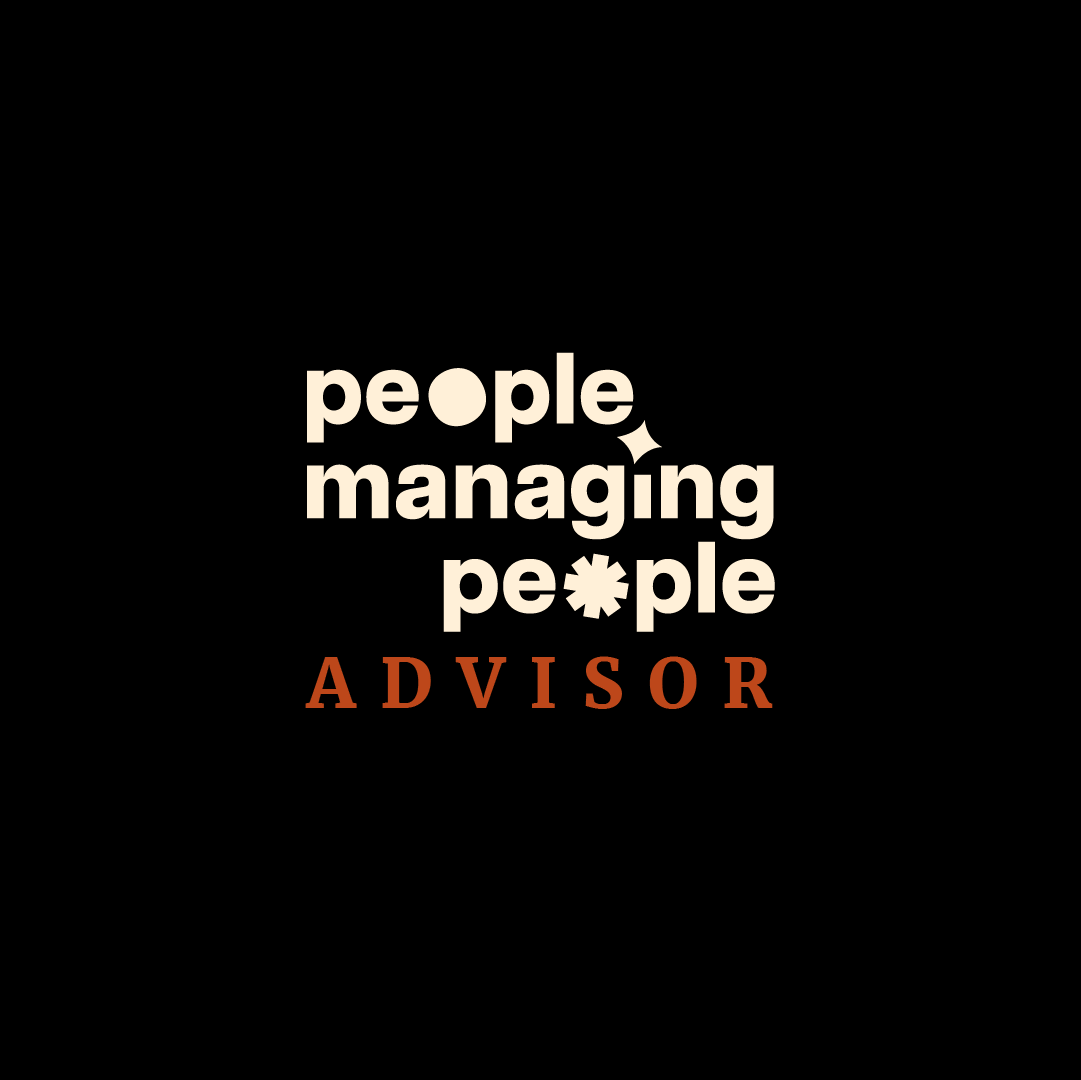Let’s be honest: Event planning is notoriously stressful. Event planners have countless factors to consider when preparing and launching an event, and with so many spinning plates in the air, it’s easy to forget a critical detail and send the team into a tailspin.
Having a virtual event planning checklist can take some of the guesswork out of the planning process. I’ve crafted this one to cover the entire process – before, during, and after — and to hopefully take your blood pressure down a couple of notches too.
Virtual Event Planning Checklist
Whether you’re in the very beginning stages of virtual event planning and just dreaming up your theme, or you’re in the home stretch and about to go live, this comprehensive checklist has you covered. Let’s dive in.
Before Your Event

Establish Your Goals
Why are you hosting this event? To gather leads for a new offering? To raise awareness about your brand? To create a networking opportunity for your community? Write down between 3 and 5 main event goals that you’d like to achieve. Choose specific, measurable, realistic metrics that you can track.
Understand Your Budget
Your event budget will influence how much you can spend on things like keynote speakers, attendee perks, and even the pricing for your virtual event technology. Know your budget up-front and stick to it to ensure a profitable virtual event.
Decide on a Type of Virtual Event
There are many different types of virtual events, including:
- Virtual meetings
- Virtual trade shows
- Webinars
- Virtual conferences
- Live streams
- Keynotes
- Networking events
- Hybrid events (events that include digital and face-to-face elements in real-time)
When choosing the type of event that’s right for you, consider who your target audience is and how much time they’re likely to invest. To learn more about the different types of virtual events, take a look at my article covering 7 Types of Virtual Events to Host.
Connect with Sponsors
If your budget could use a little extra love, consider finding sponsors. Similar to an in-person event, sponsors have the opportunity to access your audience by creating sponsored spaces, sessions, ads, and booths at your online event.
Develop Your Content
Now that you understand your goals, format, and budget, you can begin creating content. Some questions to ask yourself during this stage are:
- What does your target audience want to learn? What are their current pain points?
- Is your content streamlined? To keep your audience’s attention, edit down or remove anything that isn’t adding value.
- How are you involving your audience? Add gamification, polls, and surveys.
- Are you leaving time for FAQs and/or networking opportunities?
With these answers in mind, you can establish a theme and approach keynote speakers and other presenters to begin forming their talks or workshops.
Choose a Virtual Event Platform
Virtual event technology has come a long way in the past few years. Today, there are many platforms that can create a completely immersive virtual experience for your guests. To deliver a truly memorable virtual event, consider going beyond Zoom and working with event management software that can deliver features like:
- Sponsor booths
- Virtual lobby
- Virtual keynote stage
- Gamification
- Breakout sessions
- Networking spaces
- Custom branding
Many platforms offer a browser interface in addition to mobile apps to provide guests with their choice of how to connect. Check out our list of the best virtual event platforms to find the one that’s right for you:
Event Promotion
Use your social media channels and email marketing list to promote your event within your network and beyond. Share posts, videos, and stories on social media using pertinent keyword hashtags to extend the reach. For more information on virtual event marketing, check out our article:
Register Your Guests
How will your guests register and purchase tickets for your virtual event? On an event landing page? A google form? Most virtual event platforms offer registration functionality that can take payment, register your guests, and even provide them with a unique badge or QR code that they can use to access certain event features.
Guide Your Guests
Before the event begins, send out multiple correspondences to those who have registered. Share step-by-step instructions on how to join the event and navigate within the virtual conference space. Tell them everything that your event experience will be offering, and how to take advantage of what’s available.
During Your Event

Plan for Troubleshooting
Last-minute hiccups aren’t just a possibility with a virtual event – they’re a certainty. Plan for them by asking moderators to assist with event attendees questions in the chat. Ask presenters to join you at least 30 minutes before the event to test their technology. Have a backup device handy with all relevant apps downloaded. Virtual event planners should always have a Plan B in mind to keep things running smoothly.
Connect with the Audience
How would you greet your audience at a face-to-face event? Audience engagement is equally important within an online forum, and you can achieve a similar connection virtually if you invest the time. On your event date, ask your event attendees questions, and gather their answers in the chat, or via a survey or live polling. Use gamification to add some fun. Make sure your guests know that you value their time and attention.
Encourage Networking
Networking is a key aspect of any conference experience, whether in-person or online. Where relevant, use your virtual event platform to create networking spaces. Some tools even allow attendees to view each other’s LinkedIn profiles while chatting. Features like these encourage guests to connect with each other and enable them to easily follow up post-event.
Gather Data
One area where virtual events shine is analytics. It’s hard to get people to fill out paper surveys! But virtual event platforms capture data like attendance rates and how long guests stayed in the sessions. The results from surveys and polls can be used to develop new content for your next event too.
After Your Event

Follow Up With Guests
Post-event, send out an email to all your guests within 48 hours. Some items that you could include in the email are:
- Post-event survey
- On-demand replay of the live event
- List of your upcoming events
- Any products or paid offers you want to highlight
Review Data with Stakeholders
Comb over the analytics for the event. Are there any patterns that you notice? What was the most popular aspect? Which types of virtual event features were under-utilized? Was this a result of poor event promotion, or did audience members fail to find value in these aspects? Gather your team members for a post-mortem and share your thoughts.
Record Findings for Future Events
Once you understand the data, write it down in a central document. This way, your event planners can have the information handy when crafting the strategy for your next virtual event.
Create a Successful Virtual Event
Virtual events are no longer the sad runner-up for when in-person options aren’t available. On the contrary, post-pandemic they’re emerging as a front-runner. 77.2% of corporate professionals say that they prefer virtual events because they’re so easy to attend.
To help you dive right in, I've posted a customizable version of my Virtual Event Checklist that you can download for free from our Resource Library here.
For more information on how to host a successful virtual event, check out these articles:
To stay up to date on the latest insight from our industry experts, don’t forget to subscribe to our newsletter!
Need expert help selecting the right Project Management Software?
If you’re struggling to choose the right software, let us help you. Just share your needs in the form below and you’ll get free access to our dedicated software advisors who match and connect you with the best vendors for your needs.



